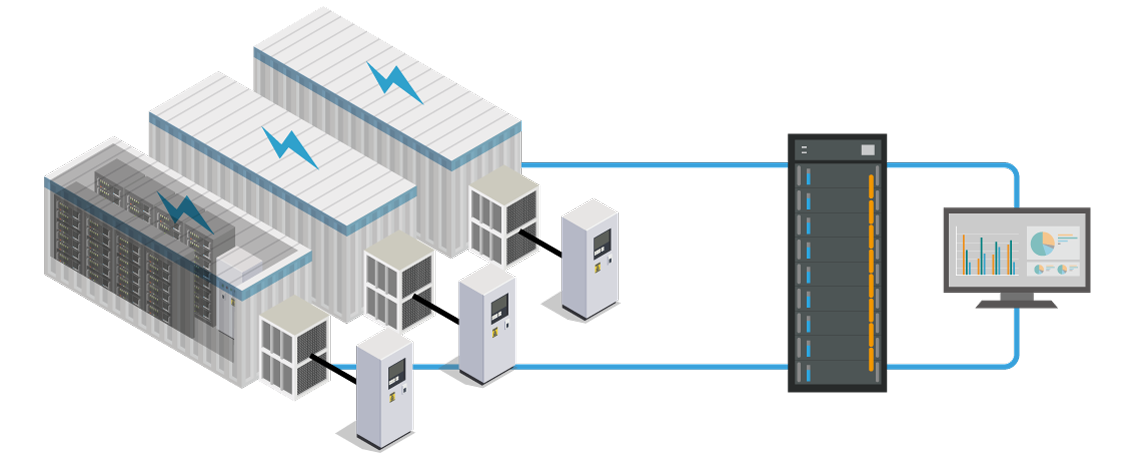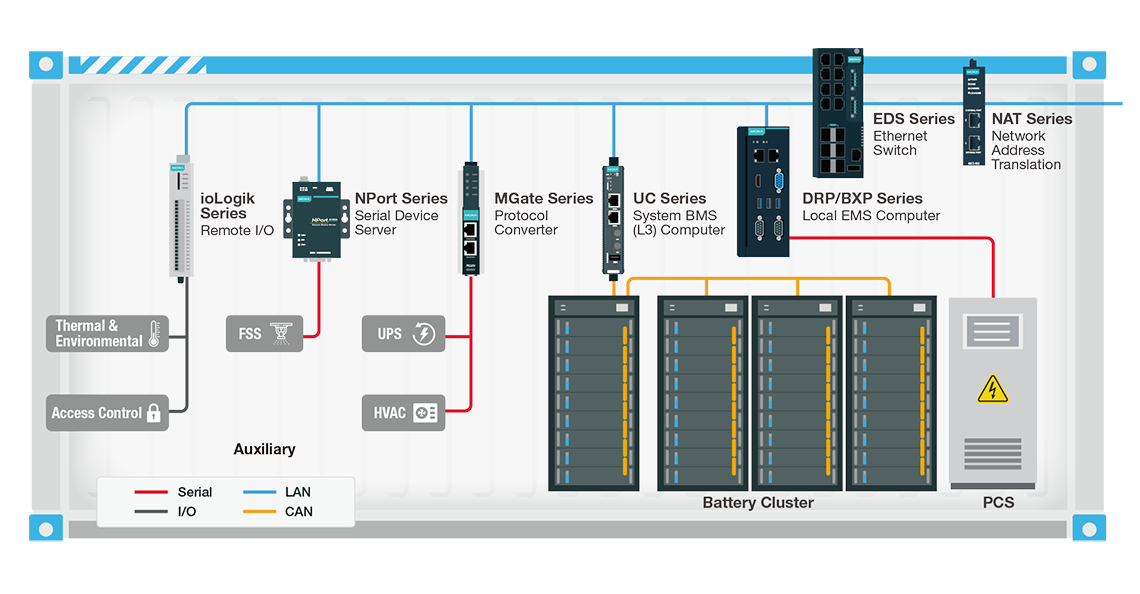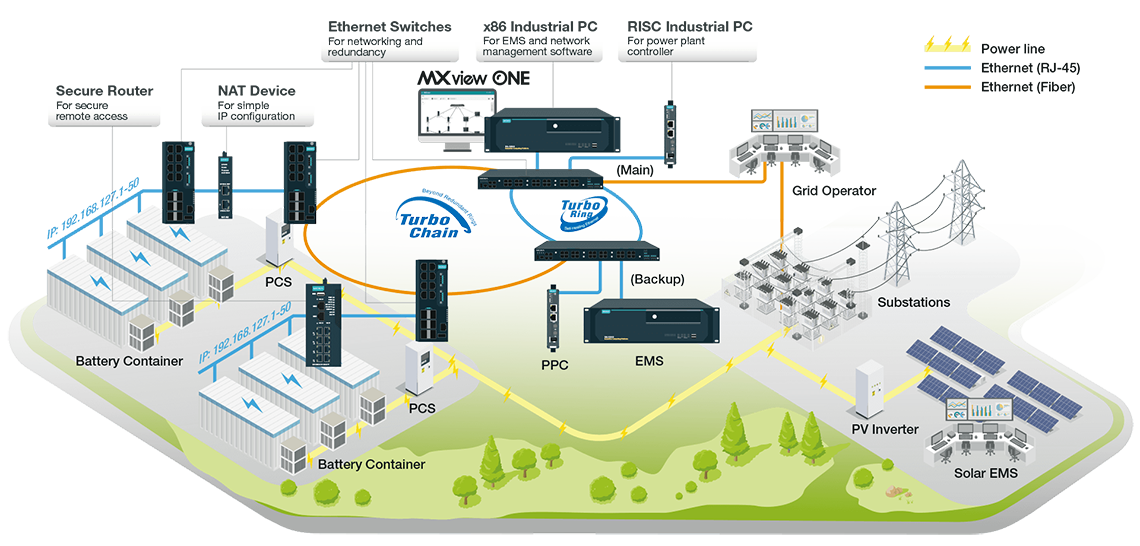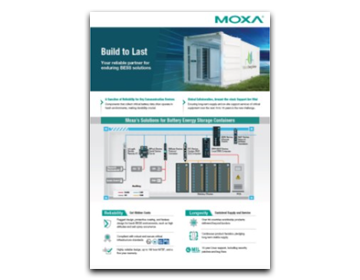Battery Energy Storage Systems and Renewables Merge for a Greener Future
In the race to achieve net-zero emissions by 2050, renewable energy adoption is surging. Within the next three years, around 98% of new power generation is projected to be from renewables, driving a transformative shift. However, the variability of renewables requires reliable solutions. Here, megawatt-level Battery Energy Storage Systems enter the energy landscape, offering quick responses and dependability. These systems reshape energy use by balancing energy supply and demand, stabilizing grids, preventing renewable energy waste, and encouraging innovation.
What is Battery Energy Storage System (BESS)
Battery Energy Storage System (BESS) is a technology that stores electrical energy in batteries for later use. BESS plays a crucial role in our quest for a cleaner, more dependable energy future, effortlessly integrating with both front-of-the-meter (FTM) and behind-the-meter (BTM) applications.
The Industrial Internet of Things (IIoT) aims to increase productivity and make users' lives easier. However, this can only be achieved when the Industrial IoT environment has reliable network connectivity. An unreliable network presents users with several challenges including longer system downtime, cyber security risks, and unstable operations, especially when using a wireless connection. The diagram below uses factory automation as an example to illustrate what kind of concerns our industry partners face when trying to adopt lndustrial loT applications and benefit from them.
BESS helps the grid stay stable by storing energy in batteries and distributing it when needed. It harnesses the advanced technologies of lithium-ion batteries, integrating them with renewable energy sources. The key elements of BESS are:
Essential Criteria for BESS Industrial Cycles
In the ever-evolving landscape of the BESS industry, navigating the complexities of its life cycle is no small feat. Addressing talent shortages, time-to-market deadlines, and futureproof planning is crucial for industry leaders. These challenges necessitate a proactive approach to overcome the unpredictability of renewable energy resources and simplify energy management.







